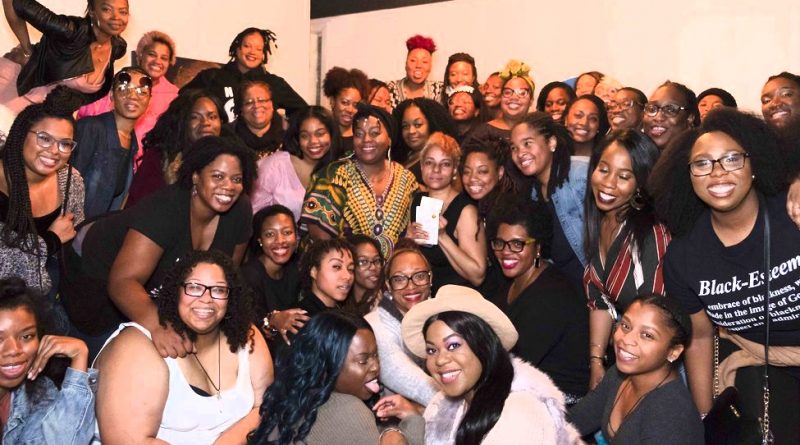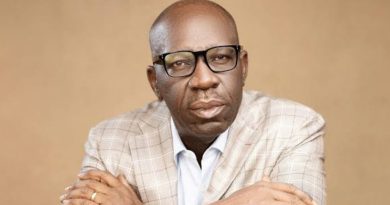WOMEN’S POLITICAL PARTICIPATION
Paving the way for more women in the political, business, and civic arena is an investment in more just, equitable, and peaceful societies.
Margaret Akpa
Girls and women have a right to engage in civil society, vote in elections, be elected to government office, serve on boards, and make their voices heard in any process that will ultimately affect them, their families, and their communities. Investing in girls’ and women’s right to political participation is a necessary step to achieving global gender equality and democratic governance.
IN AFRICA TODAY
In Nigeria 6.7% in elective and appointive positions which is far below the global average of 22.5 percent.
Africa regional average of 23.4 percent.
In 2019, general elections,220 women were elected, making up 34% of the house of commons up from 208 and 32% before the elections.
– Eliminate structural and legal obstacles that hinder all girls’ and women’s participation in politics and decision-making, and hold those obstructing them accountable.
– Offer training programs for young people, women, and men on political systems, girls’ and women’s right to participation, and roles in decision-making, as well as unconscious bias training and inclusion.
– Introduce temporary quota systems and inclusive, gender-sensitive leadership pathways to help bring all girls and women into political spheres.
Secure equal visibility of female politicians and decision-makers, and promote more inclusive representation of leadership.
– Promote women in leadership and decision-making roles at all levels, including at peace negotiation tables and in humanitarian emergencies.
Promote community and sport programs that foster leadership skills for girls and women and promote gender equality.
Support women’s leadership in the workplace through greater inclusion in executive positions and on corporate boards.
– Fund grassroots organizations that build the capacity of girls and women to participate both individually and collectively in social, economic, political, and public life.
Accordingly, the meaningful participation of women in national, local, and community leadership roles has become an important focus on global development policy. Still, some may ask why it matters if women become political leaders, elected policymakers, or civil society activists. Why does the world need more women involved in all aspects of the political process? Women’s political participation results in tangible gains for democracy, including greater responsiveness to citizen needs, increased cooperation across party and ethnic lines, and a more sustainable future.
Barrister Akpa Margaret is Legal Practitioner based in Abuja.
margaretakpa77@gmail.com




